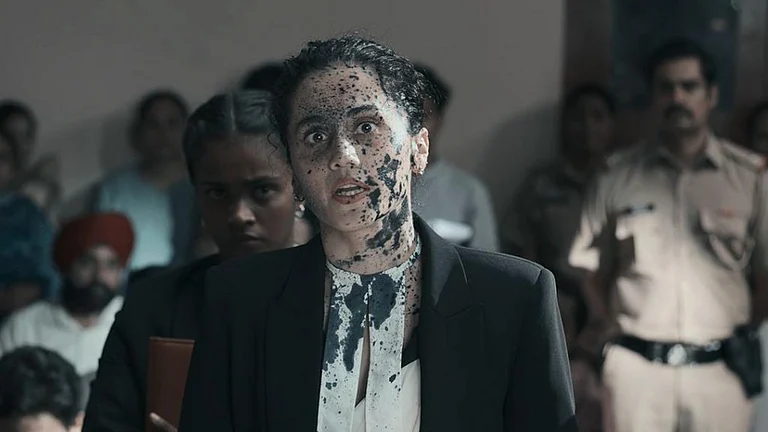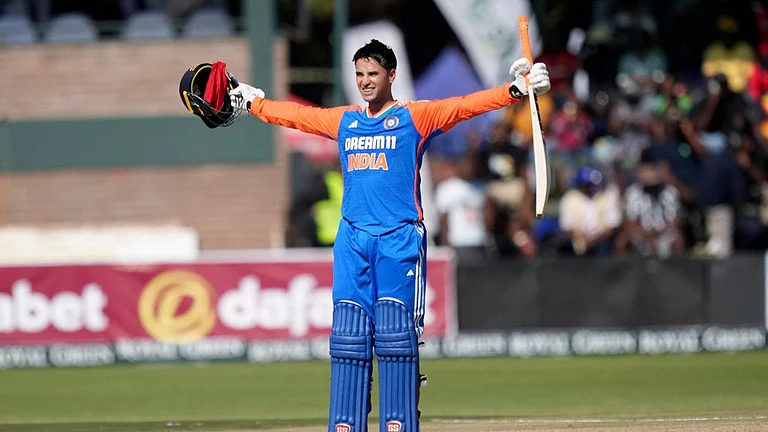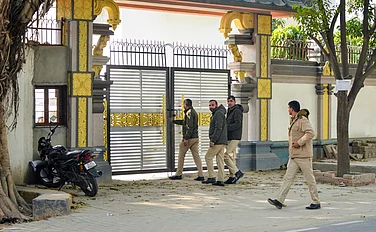A Supreme Court bench headed by Chief Justice of India D Y Chandrachud on Friday sought the Centre’s response to a plea filed by the National Commission for Women (NCW), seeking a "uniform age of marriage" for women, irrespective of religion or personal laws.
Legal marriageable age for girls under Muslim Personal Law
In its petition, the NCW has sought an increase of marriageable age for girls to 18 years under the Muslim Personal Law, to make it congruent with prevailing laws in India. The Commission noted that the minimum age for marriage for girls should be affixed to 18 for all, irrespective of religion and personal laws.
While the 'minimum age of marriage' according to other personal laws and penal laws is 21 years for a man and 18 years for a woman, according to Muslim Personal Law, persons who have attained puberty are allowed to get married, i.e on attaining the age of 15 years.
The NCW, represented by Senior Advocate Geeta Luthra, Advocate Nitin Saluja and Advocate Shivani Luthra Lohiya also submitted that penal laws must be made applicable to minor Muslim married women below the age of 18 years who were married off before attaining the legal age.
The Commission contended that not doing so would be irrational, arbitrary and discriminatory against the women.
Criminalising under-age marriages
Various legislations in the country criminalise marriages where the girl is below the age of 18 years. For instance, the Prohibition of Child Marriage Act, 2006 treats marriage for men below the age of 21 years and women below 18 years as a punishable offence. Likewise, while defining the offence of "rape," the Indian Penal Code regards the consent of women below the age of 18 years as invalid in the eyes of law.
The NCW's submissions come as a time when the government is mulling raising the legal marriageable age for women from 18 to 21 years. In December 2021, the Union Cabinet approved a proposal to raise the minimum legal age of marriage for girls by amending the Prohibition of Child Marriage Act, Special Marriage Act and personal laws such as the Hindu Marriage Act, 1955.
Marriage an issue of moral values: AIMPLB
A day after the cabinet cleared the proposal, the All India Muslim Personal Law Board (AIMPLB) urged the central government to refrain from fixing the age of marriage and termed it as interference in personal liberty. It said the government should do away with making such "useless and harmful laws," asserting that marriage is "an issue related to the protection of the moral values and completely depends on the discretion of the parents."
The AIMPLB had further argued that "If the guardians of a girl feel that their daughter is fit for marriage before the age of 21 and she can fulfill all her responsibilities after marriage, then preventing her from marriage is cruel and also interferes with the personal liberty of an adult. Due to this, there is also a possibility of an increase in crime in the society."


























